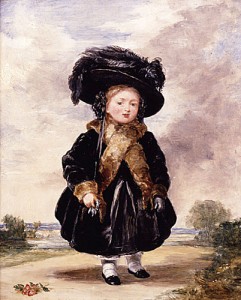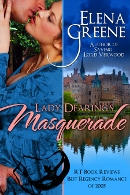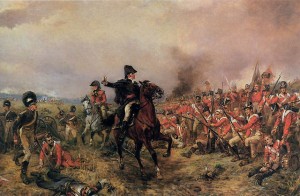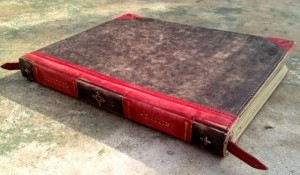The Victorian era starts!
Really, it didn’t. The raffish, riotous, colorful excesses of the Georgian period had been all over for a long, long time. As just one example, Thomas Bowdler, a byword for Victorian prudery, published his expurgated Shakespeare in 1818, to spare blushes during family readings. It was followed by a cleaned up version of Gibbons’ Decline and Fall of the Roman Empire. And women’s fashions were getting sillier by the minute. But June 20, 1837:
I was awoke at 6 o’clock by Mamma, who told me the Archbishop of Canterbury and Lord Conyngham were here and wished to see me. I got out of bed and went into my sitting-room (only in my dressing gown) and alone, and saw them. Lord Conyngham then acquainted me that my poor Uncle, the King, was no more, and had expired at 12 minutes past 2 this morning, and consequently that I am Queen.
Thus began a reign of over sixty years by possibly one of the most tedious monarchs ever, or, depending on how you’d like to look at it, the precedent set and lasting to the present day of not particularly smart, talented or even moderately decorative royalty. Not that her predecessors the four Georges and William were much to write home about, but they made for good scandal sheet copy. However a lot of amazing things happened during her reign–the end of slavery, the building of an empire, major scientific discoveries, Dickens and Darwin, and last but not least, a huge outflowing of pornography.
Thanks, ma’am.
But back to the princess. A brave exhibit at Kensington Palace a couple of years ago about her early years, Victoria Revealed, tried to put the best face on what was an appalling childhood:
Her mother, the Duchess of Kent, and her ambitious adviser, Sir John Conroy, bought her up very strictly. They controlled who Victoria was allowed to see – she had very few friends her own age – and they kept her away from Court. Victoria had a vast range of hobbies and interests to brighten these lonely hours. She loved to sing, to draw, to play music and to ride her horse in Kensington Gardens. She also adored her little King Charles spaniel, Dash, who she showered with affection. She even dressed him up in a red jacket and trousers from time to time.
 Here’s an early self portrait.
Here’s an early self portrait.
And her pets were cute. Her Majesty’s Favorite Pets by Landseer (1837) shows Dash with Lory the parrot, the greyhound Hector and deerhound Nero.
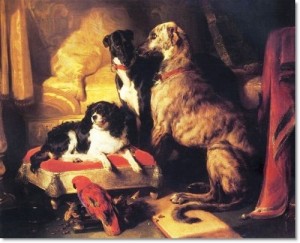 Such good dogs, to sit still for so long!
Such good dogs, to sit still for so long!
Like every historical figures, Victoria’s myths, and those of her age, overshadow the reality. She probably didn’t tell her daughters to lie back and think of England, and the woman who reputedly was “not amused” had a keen sense of humor. She enjoyed a passionate relationship with Prince Albert (who did not have, you know) and seems to have been rather susceptible to male charms–she and her favorite Prime Minister Disraeli addressed each other as “Faery Queen” and “Dizzy.” She didn’t insist on wrapping up table or piano legs–that was, maybe, an American having a joke at an English visitor’s expense–although she was a stickler for formality and protocol.
What are your impressions of Victoria?

